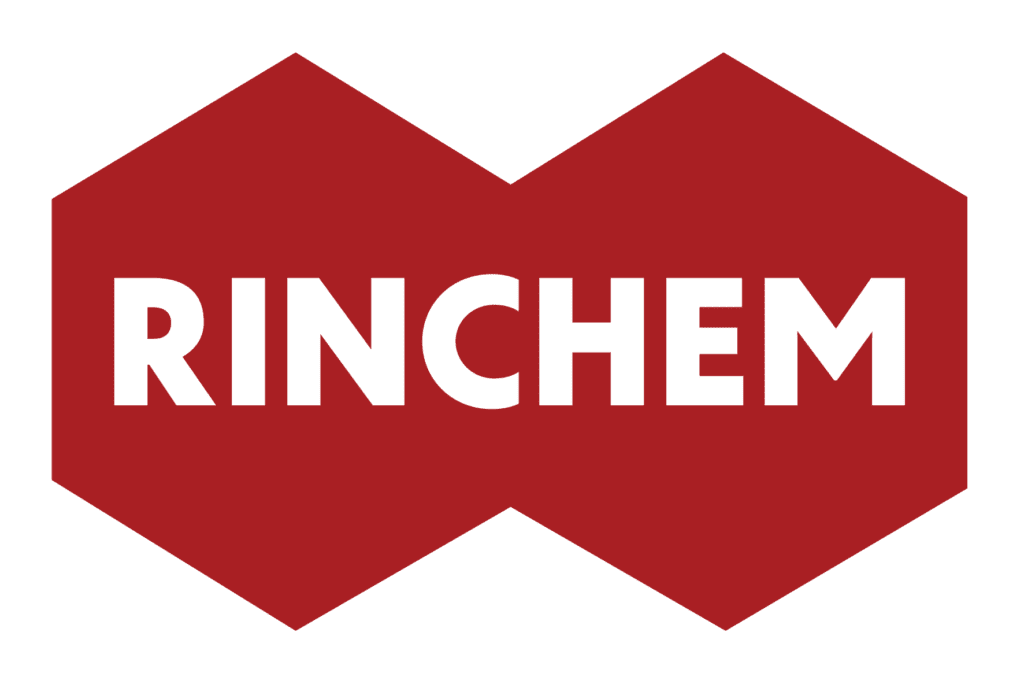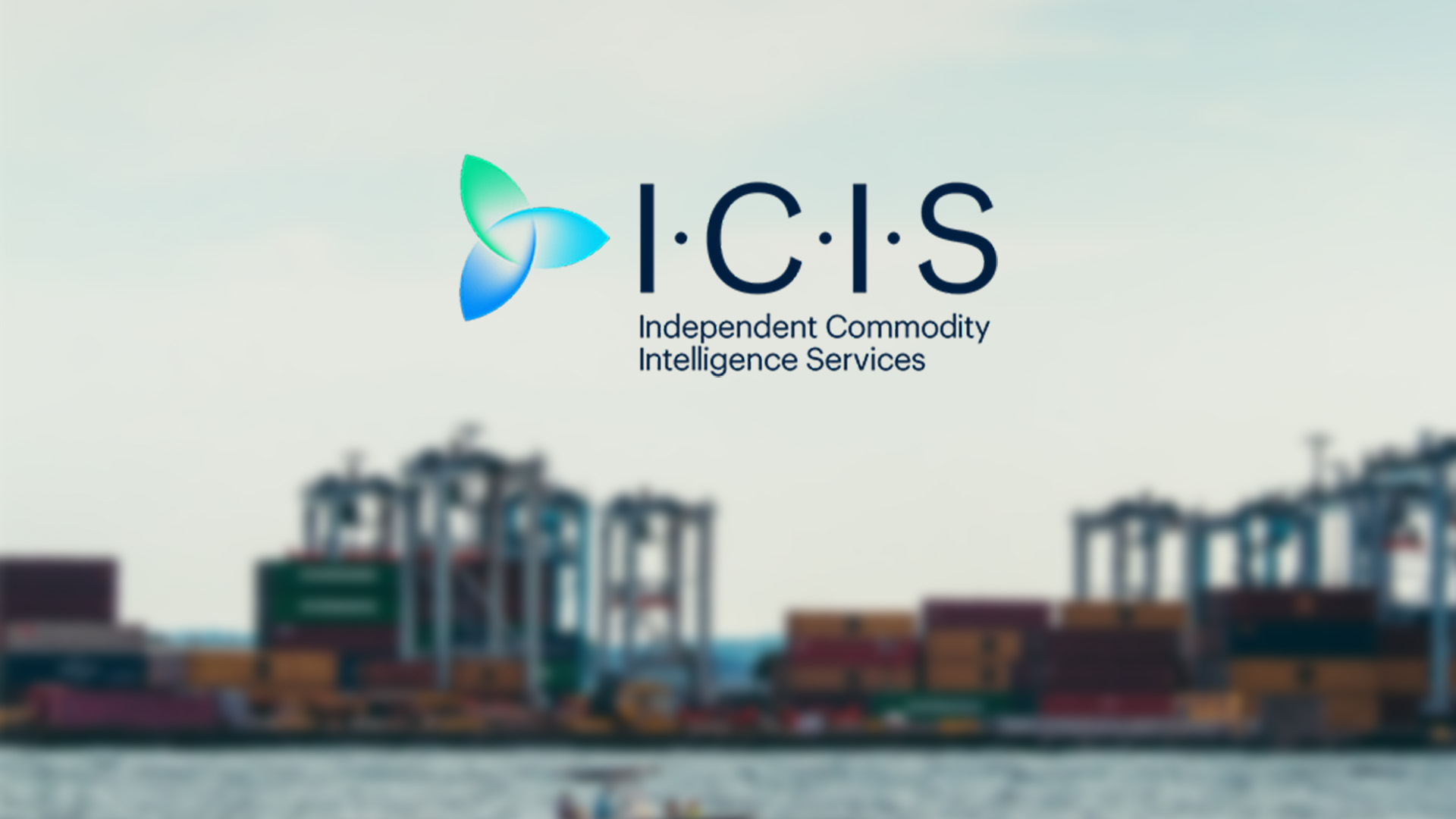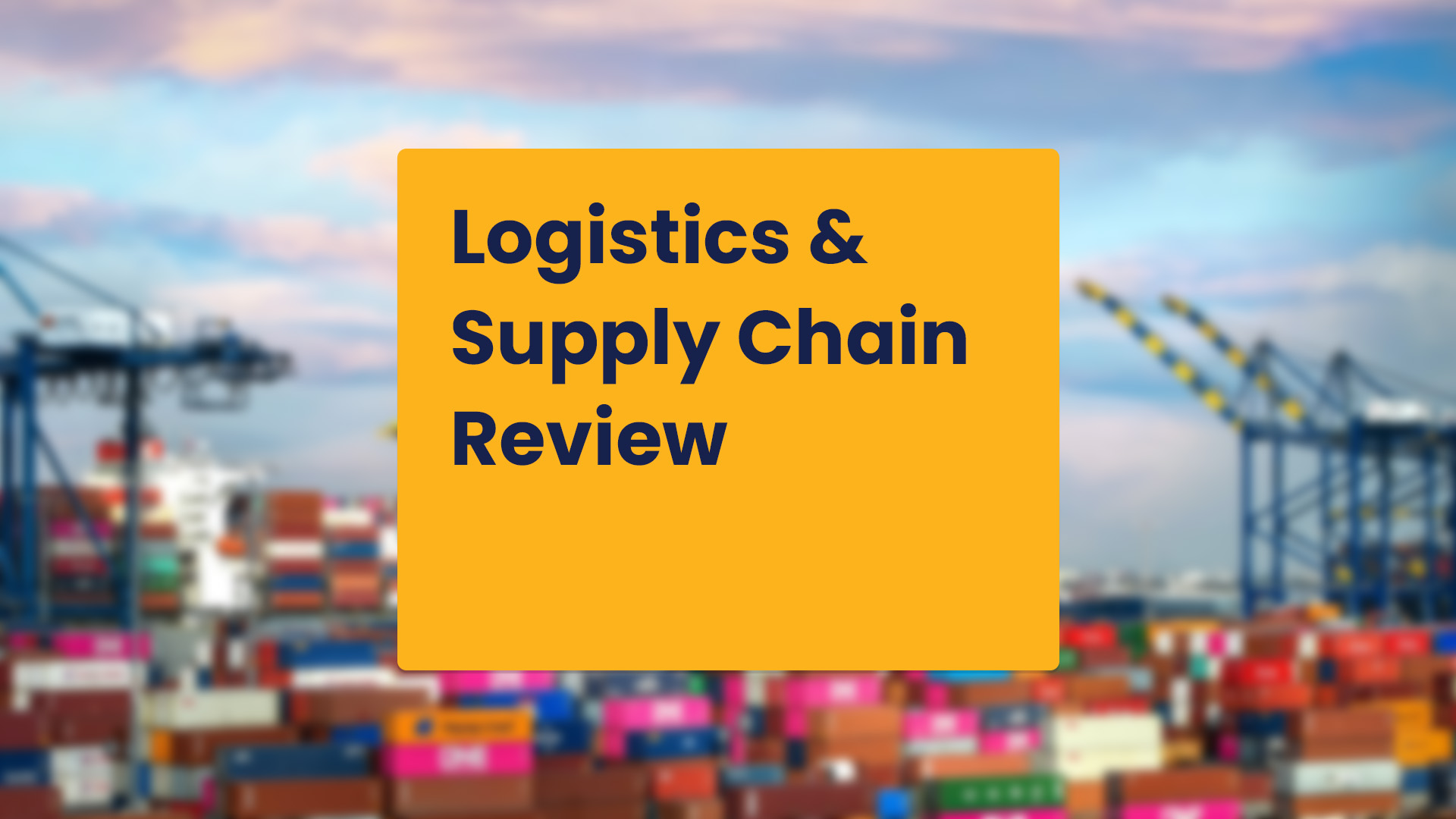When managing the logistics of chemical and gas distribution, choosing the optimal storage and handling strategy is critical. Two of the most effective strategies available for such storage needs are cross docking and warehousing. Each offers unique benefits and is suited to different logistical needs. At Rinchem, we specialize in both cross docking and warehousing solutions, enabling us to support your supply chain requirements effectively. Here’s a detailed look at both strategies to help you determine which might be the right fit for your business needs.
What is Cross Docking?
Cross docking is a logistics procedure where products received at a warehouse or distribution center are not stored, but are immediately prepared for shipment to another location. This strategy is ideal for businesses looking to minimize storage time and reduce warehousing costs. Here are key features of our cross docking solutions:
- Reduced Handling and Storage: Goods are moved directly from incoming to outgoing trucks, minimizing handling and the need for storage space.
- Faster Turnaround Time: Products spend minimal time in transit, enabling quicker delivery times.
- Cost Efficiency: By reducing the need for storage space and handling, cross docking can lower overall logistics costs.
- Decreased Risk of Damage: With less handling, the risk of product damage is significantly reduced, an important consideration for chemicals and gases.
What is Warehousing?
Warehousing involves storing goods for short or long periods before they are distributed to their final destinations. This strategy is suited to businesses that need to manage large inventories, seasonal demands, or bulk purchases of chemicals and gases. Benefits of warehousing solutions include:
- Inventory Management: Warehousing allows for effective inventory control and management, ensuring that stock levels are adequate to meet customer demands.
- Safety and Compliance: Specialized warehousing for chemicals and gases can meet stringent safety and regulatory requirements, ensuring secure and compliant storage.
- Value-added Services: Warehousing often includes services such as order fulfillment, packing, labeling, and inventory auditing.
Choosing the Right Chemical Management Strategy for Your Product
Deciding whether cross docking or warehousing is suitable for your business depends on several factors:
- Nature of the Products: Perishable or time-sensitive chemicals and gases might benefit more from cross docking to ensure quick turnover. Stable products with less immediate demand may be more suited to warehousing.
- Volume and Frequency of Shipments: High-volume, frequent shipments can be effectively managed through cross docking. In contrast, if your shipment volumes and frequencies vary, warehousing might provide the flexibility you need.
- Supply Chain Complexity: Cross docking requires a well-coordinated supply chain with synchronized inbound and outbound logistics. If your supply chain is less predictable, warehousing may provide the stability required.
At Rinchem, we understand that every business has unique needs. Our experts are here to help analyze your specific requirements and guide you in selecting the most effective logistics strategy, whether it’s cross docking, warehousing, or one of our other great services. Our goal is to ensure that your chemical and gas distribution is as efficient, safe, and cost-effective as possible.
Trust Rinchem for Customized Chemical Management Solutions
Interested in learning more about how Rinchem’s cross docking and warehousing solutions can enhance your chemical and gas distribution strategy? Contact us today to discuss your needs with our logistics experts. We are here to provide you with customized solutions that meet the specific demands of your business, ensuring your products are handled with the utmost care and professionalism every step of the way.
Get more articles like this in your inbox
Sign up for our monthly newsletter
Find more articles


